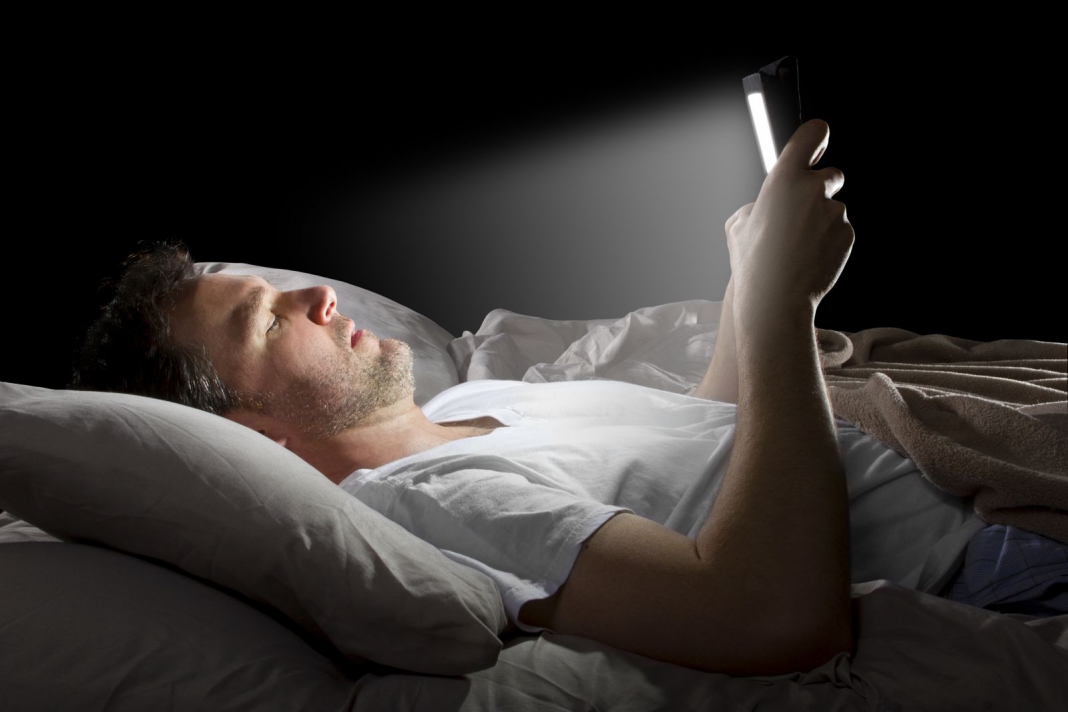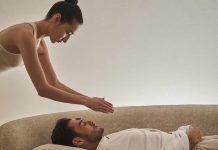Exposure to blue light at night from electronic devices has been scientifically proven to disrupt your sleep patterns. With this exposure increasing over time, we’re actually harming our eyes and overall health.
Moreover, emerging research suggests that there are other longer term health hazards, e.g. retina damage, sleep disorder, depression, etc. Sadly, this one major health hazard is often neglected.
So what you can do about it?
Below is a list of blue light blocking bedtime devices that you can consider.
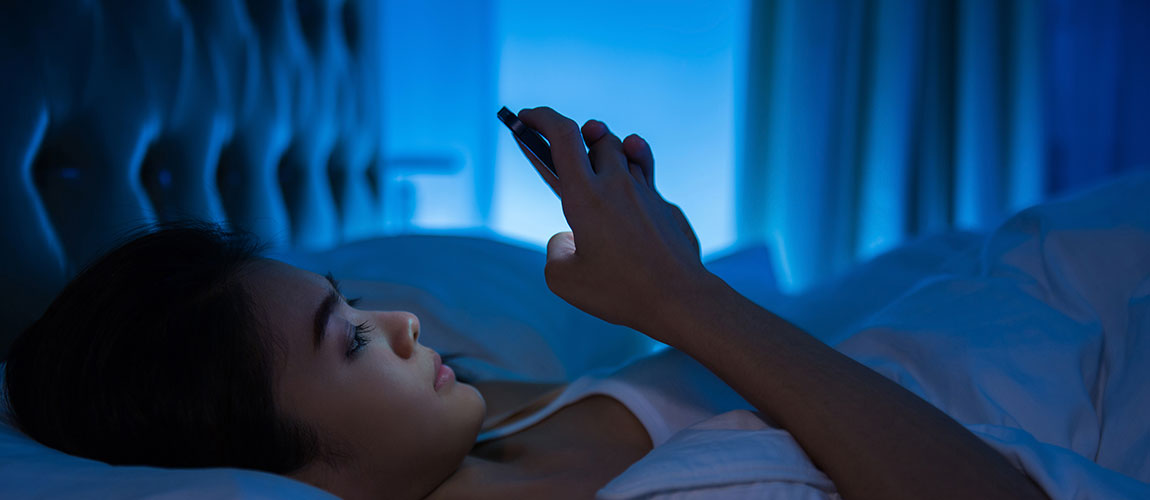
1. Blue light blocking eyewear
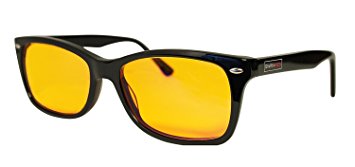
(Image: amazon.com)
Blue-blocker glasses can be especially helpful for those who need to stare at screens a lot. Teenagers and young adults are particularly susceptible to insomnia from blue light and tend to spend the most time with electronics. By using blue blocking glasses we are decreasing input to the photoreceptors, so we can improve sleep and still continue to use our devices. That’s nice, because we can still be productive at night,” Ostrin said.
2. Blue light blocking apps
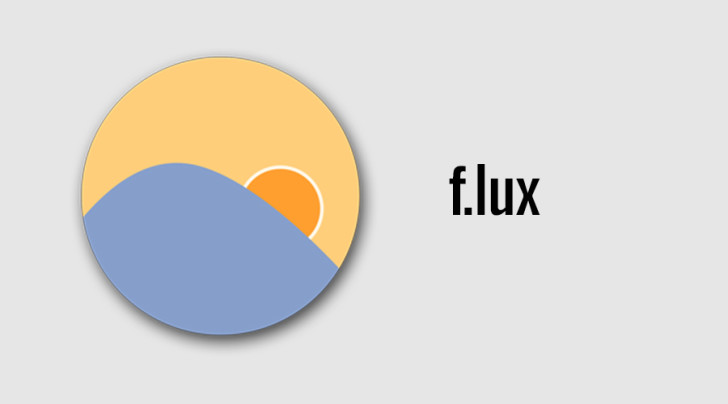
Our exposure to blue light is everywhere and we can’t block it completely. Therefore the biohacker’s response to this unfortunate situation is to use a circadian screen adjustment app like f.lux. They mimic changing sunlight intensity, making your screen less bright when it becomes evening rendering a gradual transition to softer, warmer light.
3. Blue light blocking screen protectors
Several brands have developed coatings that incorporates protective coatings to shield your eyes from harmful blue-light. For instance, OcuShield is a stick-on film that fits most iOS devices while still allowing 95% of the screen’s brightness to show through. They also claim that their product reduces eye strain for better vision later on.
4. Amber-tinted blue light blocking bulbs
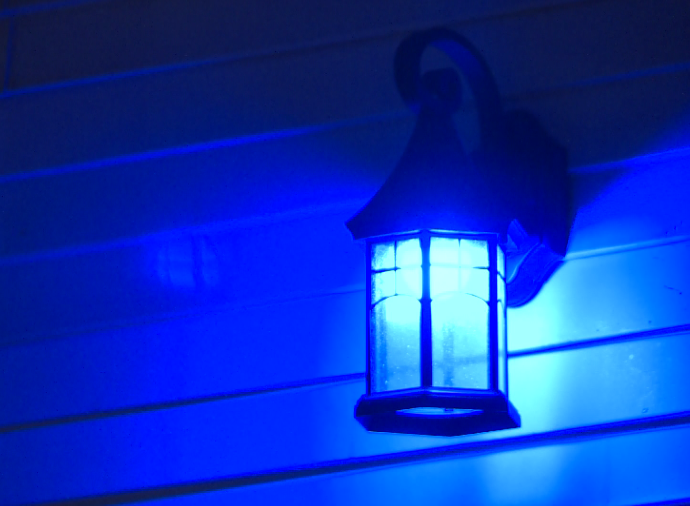
One simple way to filter out blue light from entering your eyes would be keep the lights turned off in your home. However that would be both impractical, especially during nighttime. Blue-blocking orange light bulbs are an excellent way to put on some mood lighting that also helps you sleep.
Read also: Blue Light From Your Smartphones Ruin Your Good Night Sleep
– Cover Image: health.harvard.edu

